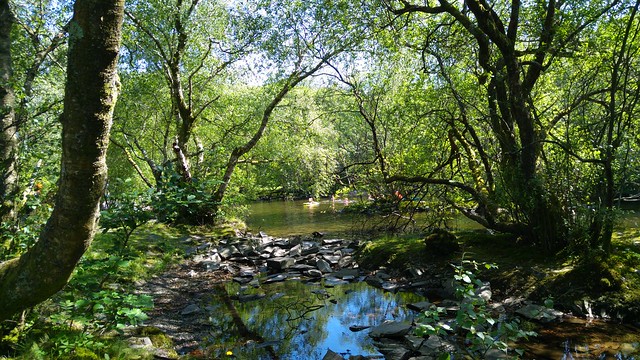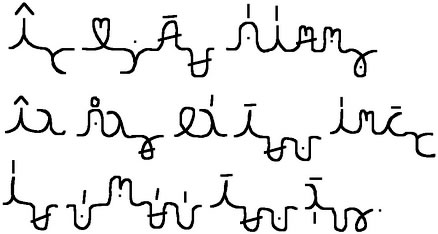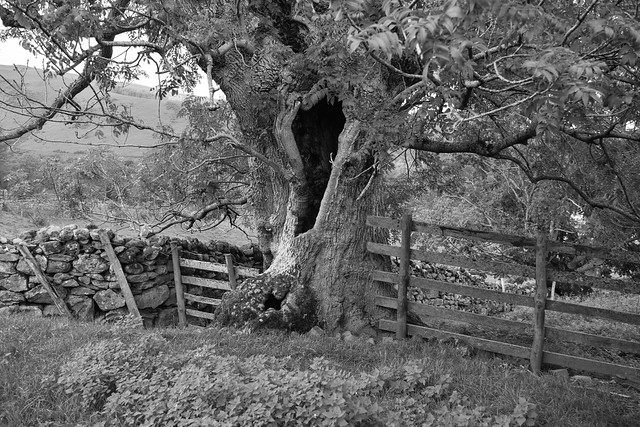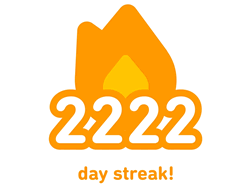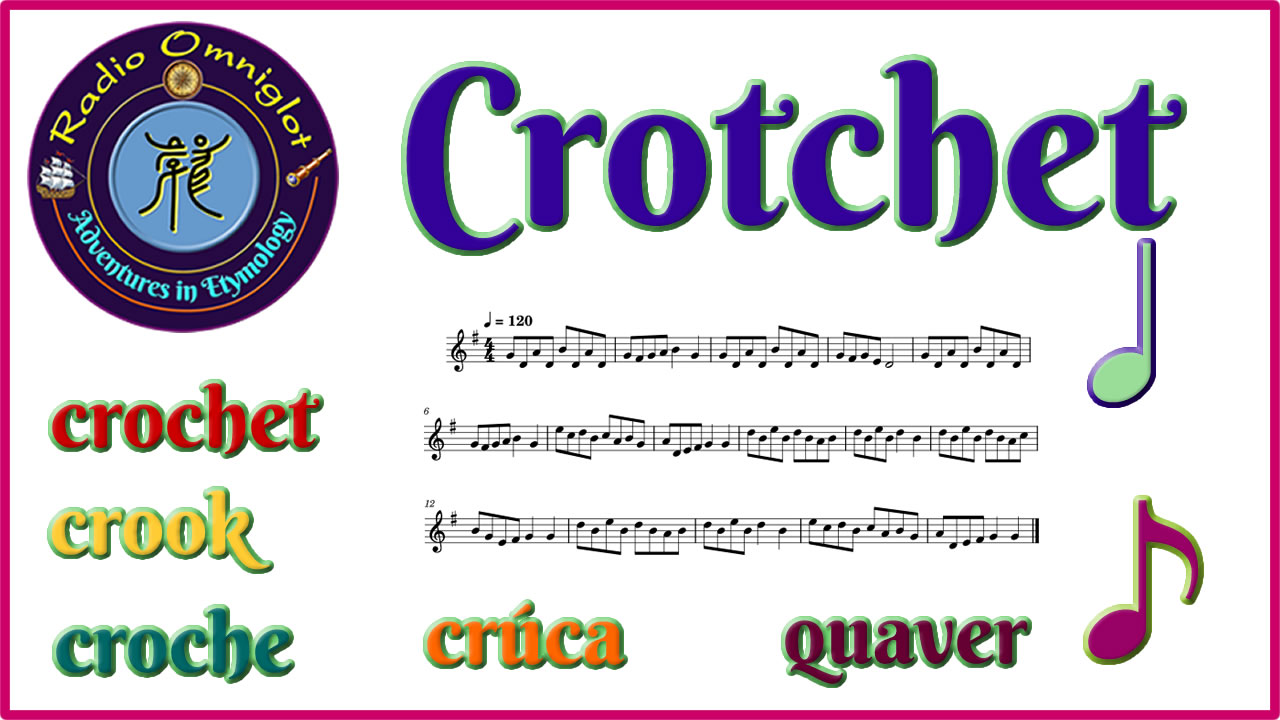Podcast: Play in new window | Download
Here’s the latest news from the world of Omniglot.
There are new language pages about:
- Tonkawa (Tickanwa•tic), a language isolate that was spoken in western Oklahoma, southern Texas and New Mexico in the USA, and that is being revived.
- Vamale, a New Caledonian language spoken in the north of Grande Terre Island in New Caledonia.
- Nisu, a Loloish language spoken in the south of Yunnan Province in southern China.
- Sani (Nip-dop), a Southeastern Loloish language spoken in central Yunnan Province in southern China.
New numbers pages:
- Tonkawa (Tickanwa•tic), a language isolate that was spoken in western Oklahoma, southern Texas and New Mexico in the USA, and that is being revived.
- Ditidaht (Diitiidʔaatx̣), a southern Wakashan language spoken in southern Vancouver Island in British Columbia in Canada.
- Shoshone (Sosoni’ da̱i̱gwape), an Uto-Aztecan language spoken in Nevada, Utah, Idaho and Wyoming in the USA.
- Comanche (nʉmʉ tekwapʉ̱), an Uto-Aztecan language spoken in parts of Oklahoma in the USA.
New weather words page: Finnish (suomi).
On the Omniglot blog we find out if the words Tent and Tenant are related, and there’s the usual Language Quiz. See if you can guess what language this is:
Here’s a clue: this language is spoken in British Columbia in Canada.
The mystery language in last week’s language quiz was Tsat, a Northern Chamic language spoken near Sanya in the south of Hainan Province in southern China.
There’s a new Celtiadur post about words for Down Under and related things in Celtic languages, and I made improvements to the posts about words for Trees, Wood(s) & Forests and Low.
In this week’s Celtic Pathways podcast, entitled Sacred Trees, we explore the roots of some Celtic words for trees and related things.
For more Omniglot News see:
https://www.omniglot.com/news/
https://twitter.com/Omniglossia
https://www.facebook.com/groups/omniglot/
https://www.facebook.com/Omniglot-100430558332117
You can also listen to this podcast on: Apple Podcasts, Amazon Music, Stitcher, TuneIn, Podchaser, PlayerFM or podtail.
If you would like to support this podcast, you can make a donation via PayPal or Patreon, or contribute to Omniglot in other ways.
Radio Omniglot podcasts are brought to you in association with Blubrry Podcast Hosting, a great place to host your podcasts. Get your first month free with the promo code omniglot.

